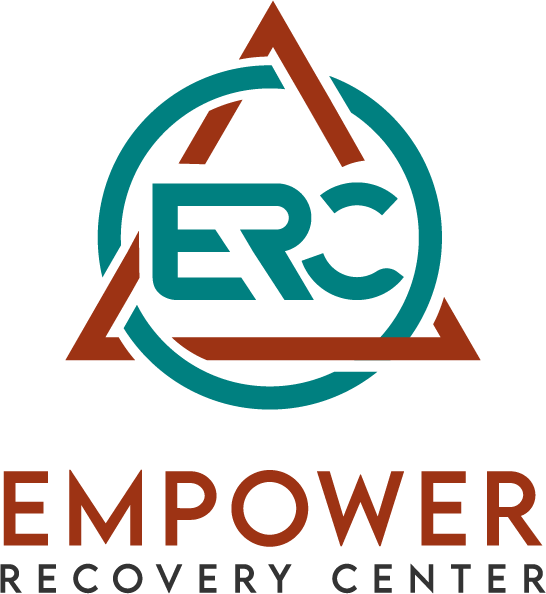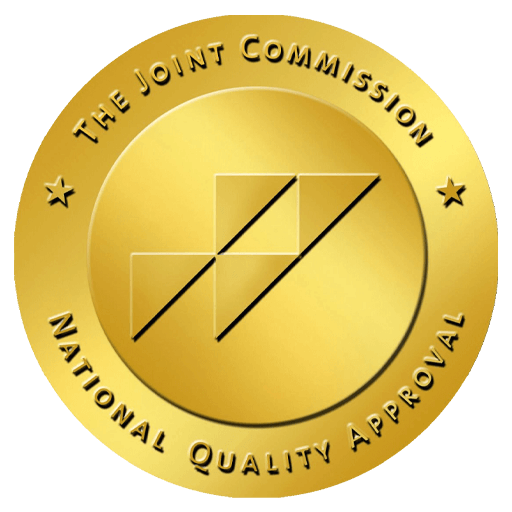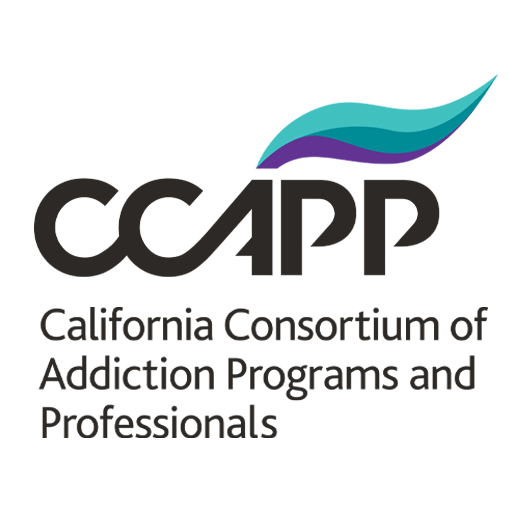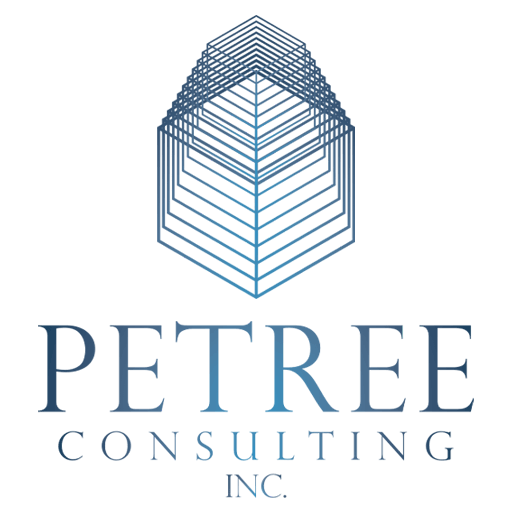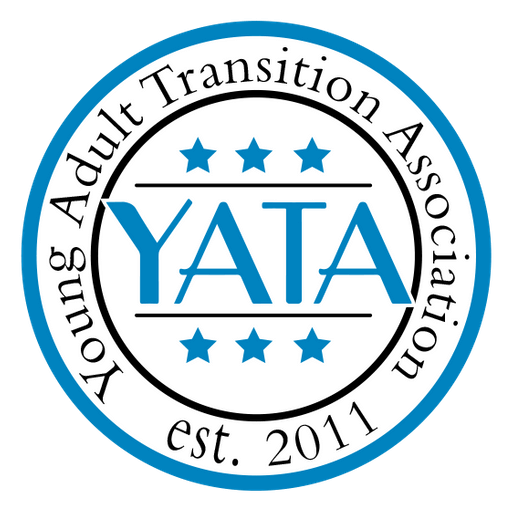Exploring Affordable Program Options
When tackling the challenge of failure to launch, cost can be a significant barrier. Affordable failure to launch programs are essential for families seeking to support their young adults in the transition to independence. These programs provide structured environments where participants can develop life skills, build confidence, and plan their next steps.
At Empower Recovery Center, we prioritize making our services accessible to as many people as possible without sacrificing quality. We understand that financial constraints should not stand in the way of recovery and growth. Our tailored programs aim to meet diverse budgets while delivering effective support, helping to bridge the gap between adolescence and adulthood.
What Makes a Program Affordable?
To qualify as affordable, a failure to launch program should offer flexible payment plans, sliding scale fees, or financial aid options. Affordability also involves providing a range of services–from therapy to vocational training–under one roof, minimizing extra costs for families.
From my experience at Empower Recovery Center, I’ve seen how combining resources can reduce costs. For instance, sharing facilities with local community centers enables us to keep overhead low while offering comprehensive services. Collaborating with universities and local businesses for internships and job training further enhances the value of our affordable failure to launch programs.
Clients appreciate a clear breakdown of fees and an understanding of what their investment covers, which builds trust and makes it easier for families to commit to a program.
- Assess available services and package deals.
- Look for sliding scale payment options.
- Explore financial aid or scholarship opportunities.
Tangible Results: The Ultimate Measure
Affordable does not mean low quality. On the contrary, effective affordable failure to launch programs deliver tangible results that can transform lives. The goal is to equip young adults with skills and confidence to lead independent lives.
At Empower Recovery Center, we focus on measurable outcomes. We’ve found that programs with defined milestones and accountability structures drive the best results. Monthly progress reviews and personalized action plans ensure that participants stay on track.
- Life skills workshops for practical application
- Regular therapy sessions for mental health support
- Vocational training and internship placements
By consistently tracking progress, we can adapt strategies to meet individual needs, ensuring that all participants achieve their goals, making the investment worthwhile.
How Do These Programs Address Unique Needs?
Each individual’s journey is different, and effective programs must address this diversity. Tailored approaches are key in affordable failure to launch programs, allowing for personalized plans that consider emotional, social, and vocational challenges.
Empower Recovery Center follows a comprehensive assessment process that identifies specific needs and strengths. By offering a variety of therapeutic modalities–such as cognitive-behavioral therapy, family therapy, and group sessions–we can cater to diverse needs.
Working closely with families, our team ensures that every participant receives the support they need. This holistic engagement is crucial for fostering confidence and rebuilding self-esteem in young adults.
In my two decades of experience, I’ve witnessed firsthand how essential it is to adapt care plans to fit the individual rather than forcing participants into a one-size-fits-all program. The more personalized the approach, the more impactful the outcome.
Steps to Choose the Right Program
Selecting the right program involves careful consideration. Here’s a step-by-step guide to make an informed decision:
- Identify Specific Needs: Consider emotional and practical challenges.
- Research Programs: Investigate their offerings and success metrics.
- Evaluate Affordability: Look at cost structures and payment options.
- Schedule Visits: Observe program environments firsthand.
- Ask for Testimonials: Speak with alumni or read reviews.
By following these steps, families can find affordable failure to launch programs that align with their needs and financial situation.
Unique Challenges Facing Young Adults
Young adults today face a myriad of challenges that can hinder their journey to independence. Rising costs of living, mental health struggles, and a competitive job market can all contribute to the failure to launch phenomenon.
Empower Recovery Center addresses these challenges through education and empowerment. We provide life skills training, financial literacy workshops, and mental health support, all essential components of our affordable failure to launch programs.
Recognizing the pressures young adults face is the first step in providing effective support. Often, what they need is not just guidance but a community that believes in their potential. Empower Recovery Center fosters this sense of belonging, nurturing the confidence and resilience needed to succeed.
